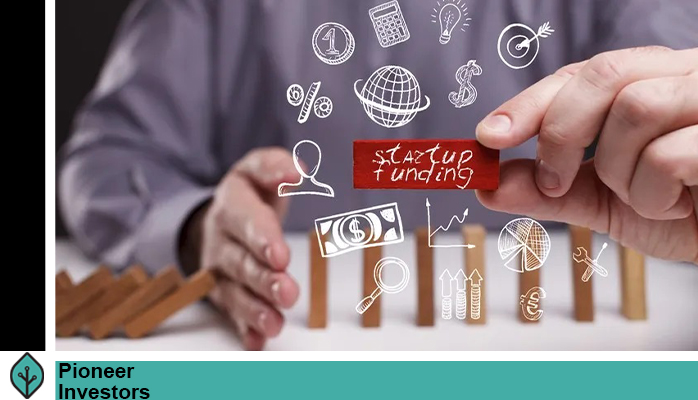Abu Dhabi is the fastest-growing startup ecosystem in the Middle East and North Africa

Abu Dhabi is the fastest-growing startup ecosystem in the Middle East and North Africa
Pioneer Investors – The Global Startup Ecosystem Report (GSER) 2024, released by the global consulting and research company “Startup Genome,” has ranked Abu Dhabi as the fastest-growing startup ecosystem in the Middle East and North Africa, with a 28% increase in value.
The report focuses on analyzing startup ecosystems, which include over 4.5 million companies spread across more than 300 innovation ecosystems in entrepreneurship. It provides data-driven analyses and deep insights into global startup trends, ranking the top 40 international and emerging ecosystems, in addition to an expanded regional classification.
Startup Genome’s analysis of Abu Dhabi highlighted the growing activities of startups in Hub71. The report showed that Abu Dhabi maintained its position as the fastest-growing startup ecosystem in the Middle East and North Africa, achieving a value of $4.2 billion in its startup ecosystem from July 1, 2021, to December 31, 2023, representing a compound annual growth rate of 28% compared to the previous period from July 1, 2019, to December 31, 2021. The ecosystem’s value is calculated based on equity sales and startup valuations.
Abu Dhabi’s ranking in the report rose by 15 positions compared to the previous period, entering the range of 61-70. From July 1, 2021, to December 31, 2023, total early-stage startup funding reached $284 million, and total venture capital funding between 2019 and 2023 amounted to $1.06 billion.
Abu Dhabi ranked second in the performance criterion for startup ecosystems in the Middle East and North Africa. This metric measures the ecosystem’s size and performance based on the cumulative value of tech startups resulting from equity sales and funding. It also ranked fifth in the funding criterion, which measures the degree of innovation in early-stage funding and investor activity, and fifth in the talent and experience criterion, which assesses long-term performance factors.
The report ranked Abu Dhabi among the top 10 ecosystems in the knowledge criterion in the Middle East and North Africa, which measures innovation levels through research activities and patents. Additionally, it ranked among the top 15 ecosystems in cost efficiency, a criterion that measures the average amount of venture capital funding acquired by tech startups.
Abu Dhabi was also listed among the top 15 ecosystems in the region for affordable talent, a criterion that measures the ability to hire tech talent. The report praised the financial technology, clean technology, agricultural technology, and new food sectors due to the density of talent, support resources, and startup activity in these areas. It also highlighted the strategic importance of the Golden Visa program in encouraging startups to relocate to Abu Dhabi.
The report highlights key entities in Abu Dhabi’s startup ecosystem, such as Abu Dhabi Global Market, Mubadala Investment Company, “ADQ” Holding, Abu Dhabi Investment Office, “StartAD,” and the Department of Economic Development – Abu Dhabi. These entities support positive growth on operational and regulatory levels and offer incentives like 100% ownership to attract foreign investment and startups. Through collaboration with these key entities, Abu Dhabi provides accessible entry and settlement opportunities for startups from around the world, enabling access to capital and business opportunities.
Many companies have relocated their global headquarters to the Abu Dhabi Global Market, including “Andalusia Labs” and South Korea’s blockchain company “Neoplay.” Hub71 currently hosts over 315 startups, collectively raising $1.5 billion in funding.
The GSER relies on representatives from over 40 countries to study the current state of startup activities and related investments. The report offers high-value insights and guidance to public and private sector leaders on how to foster thriving startup communities, which are crucial for job creation and economic growth. Contributions from thought leaders, experts, and key local players enrich the comprehensive and evidence-based findings of the report, resulting from over a decade of Startup Genome’s independent research and policy work.




